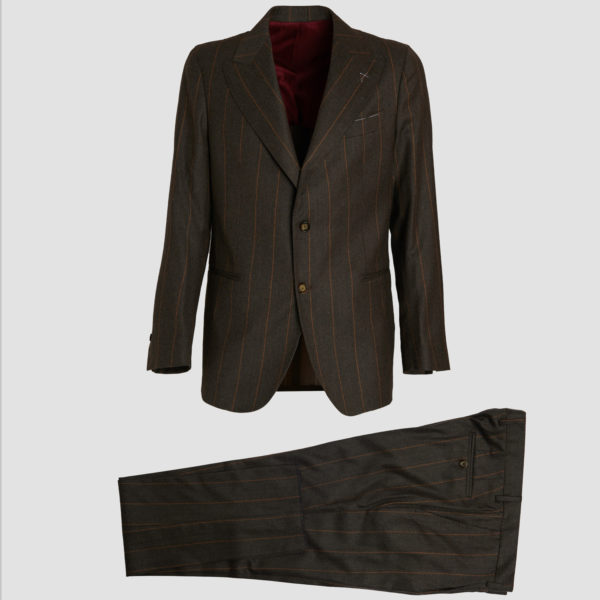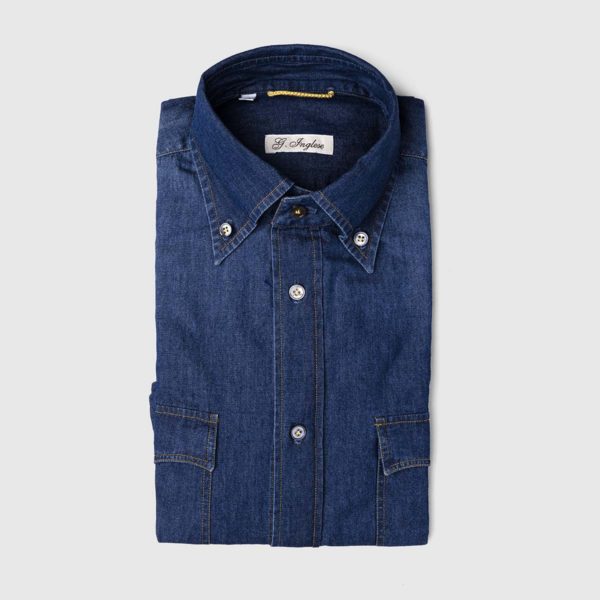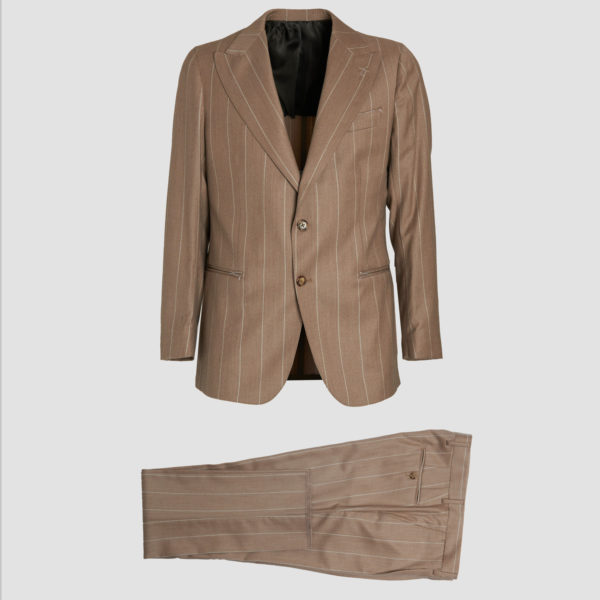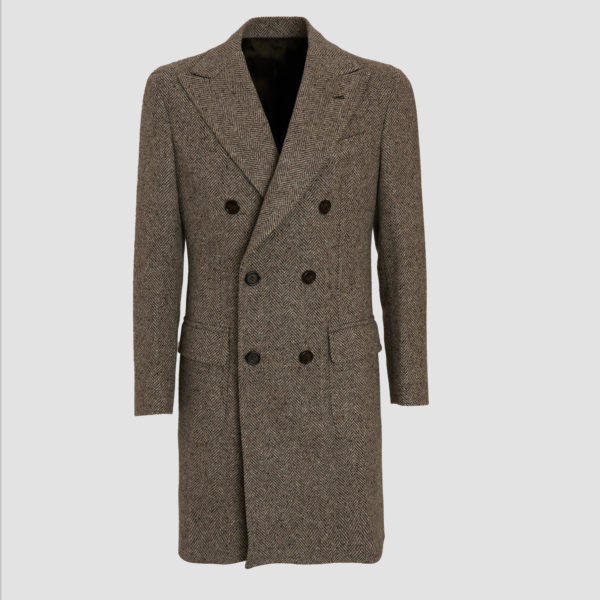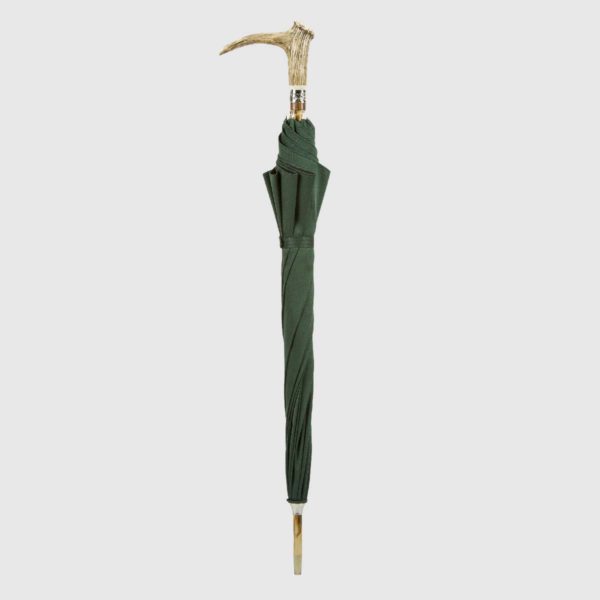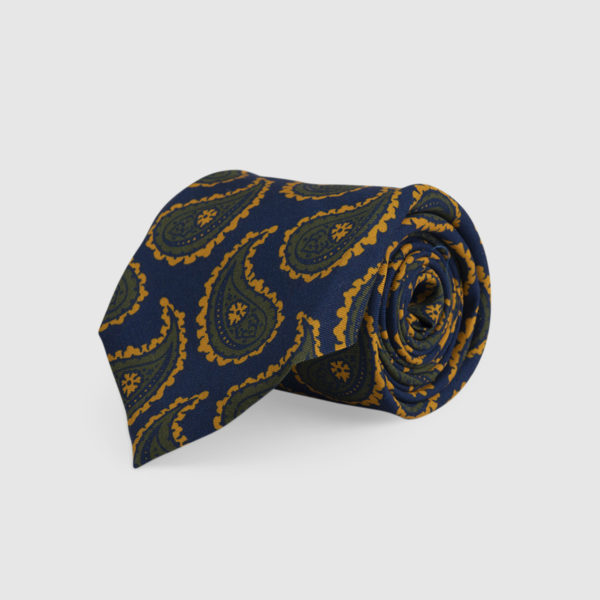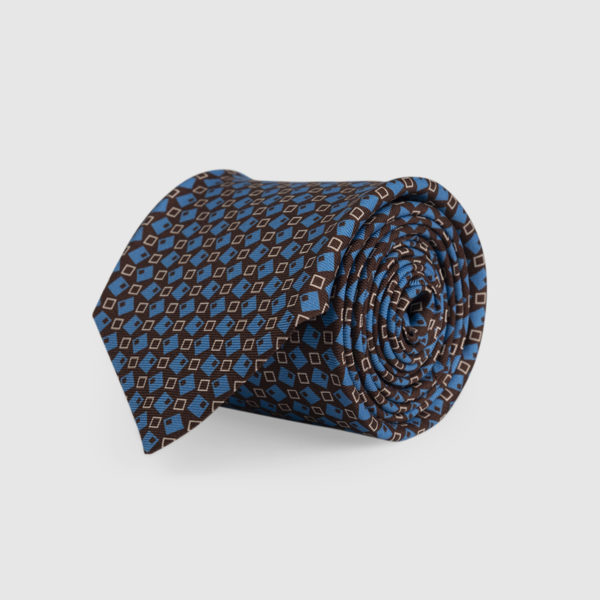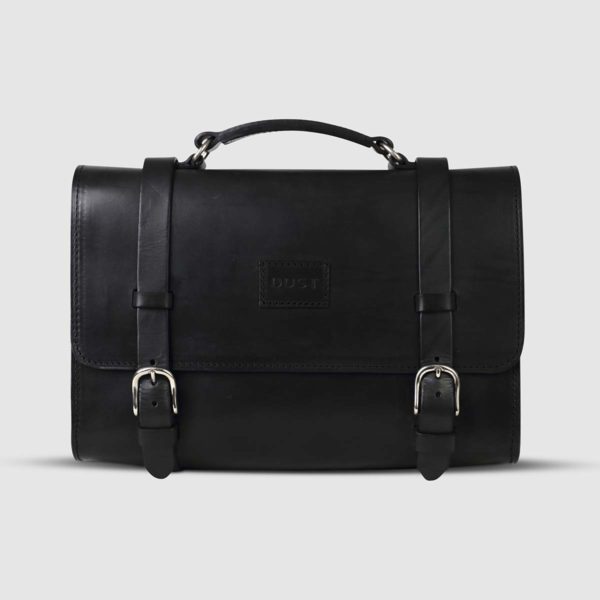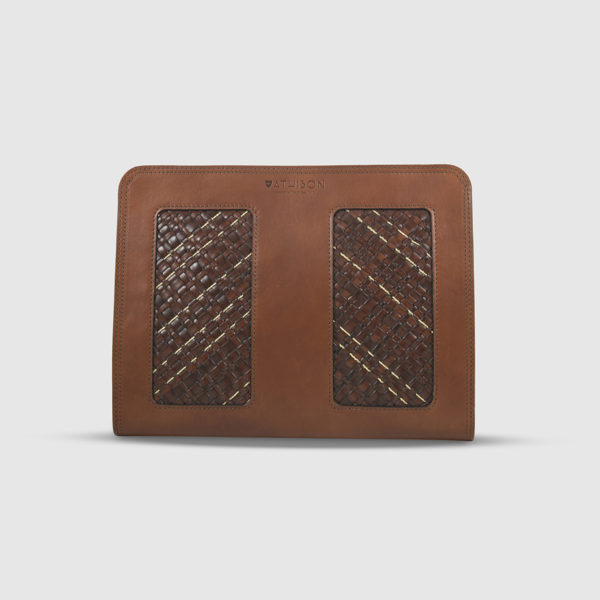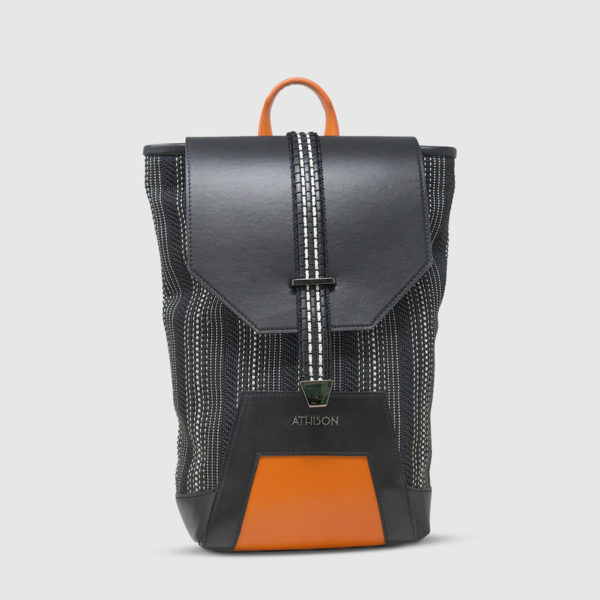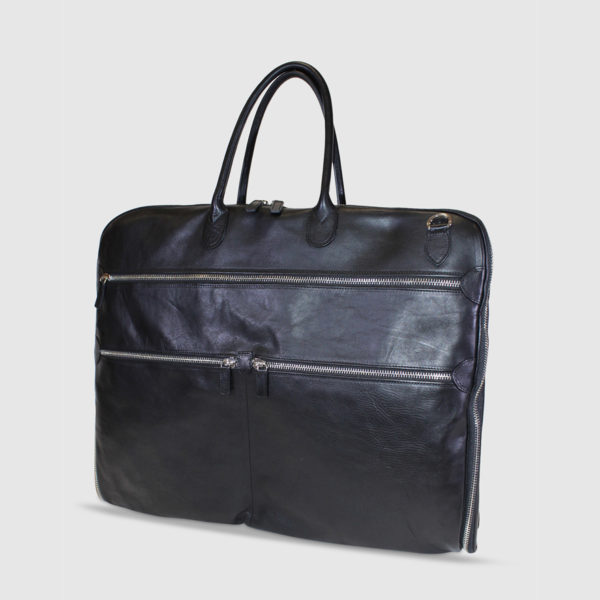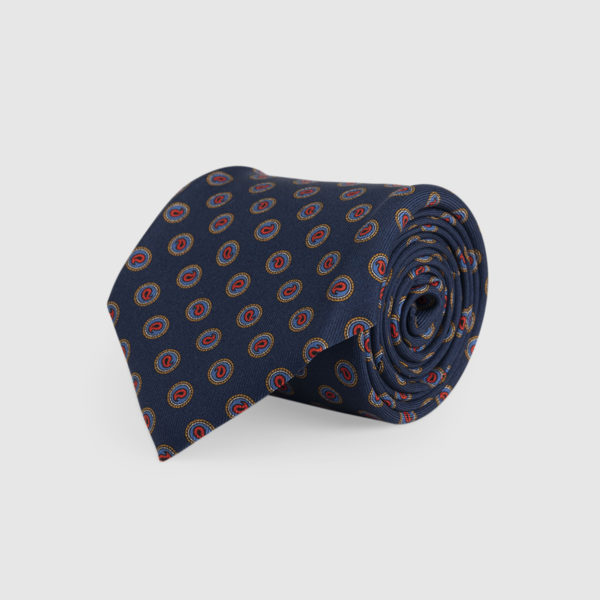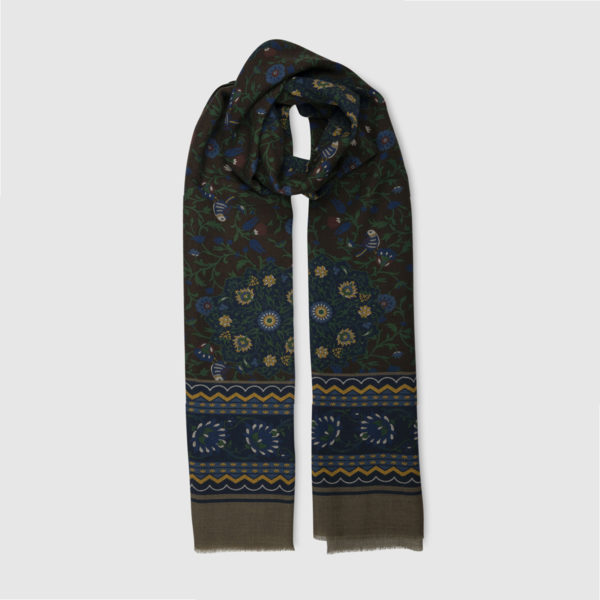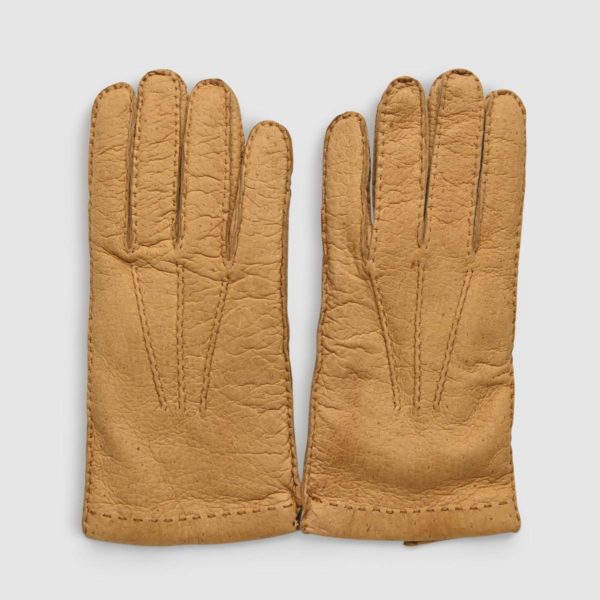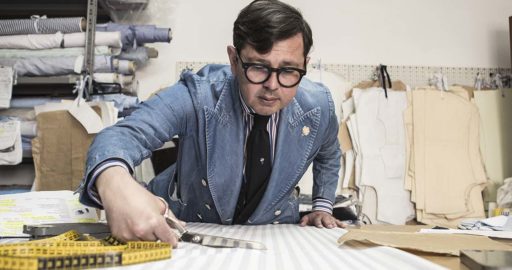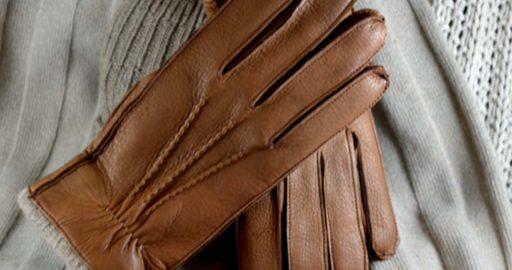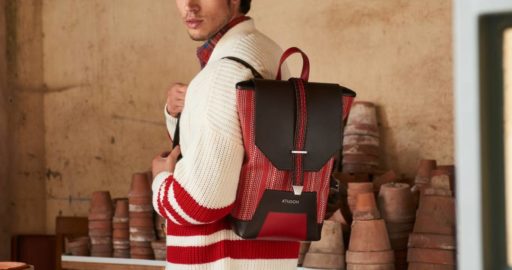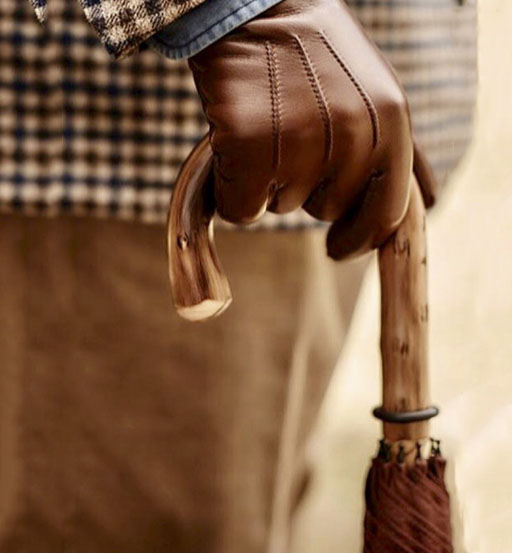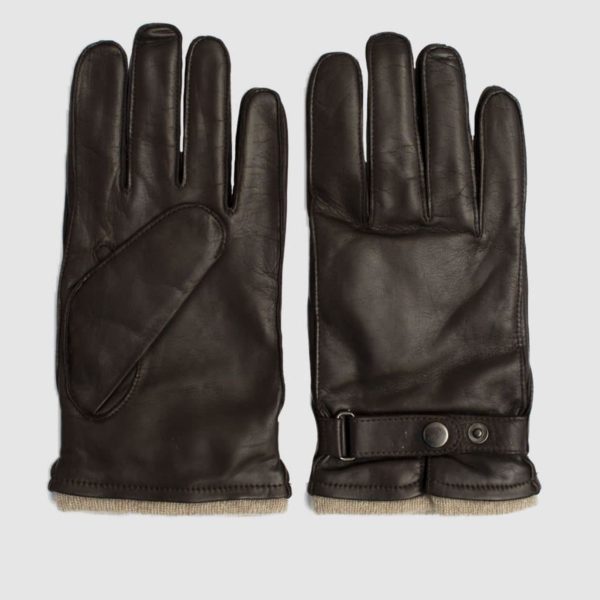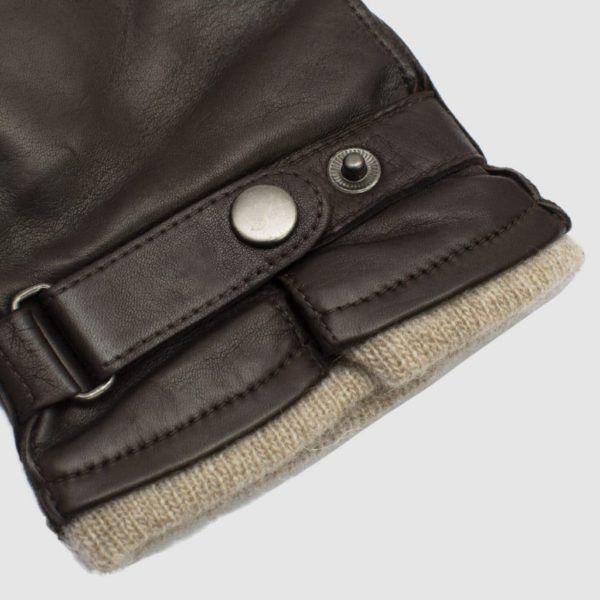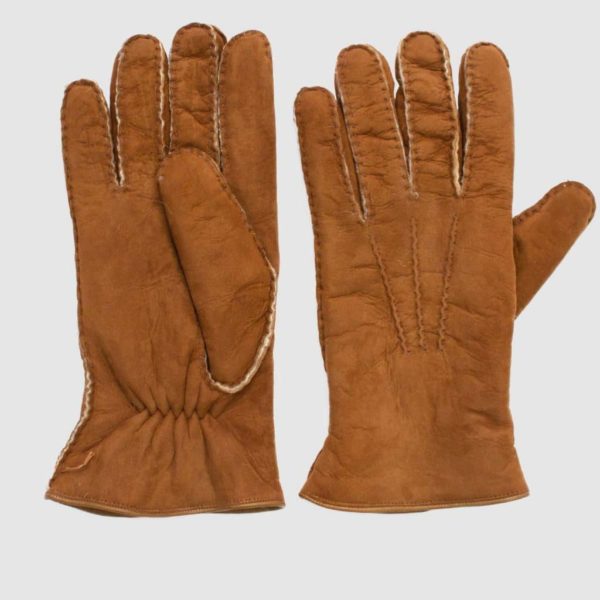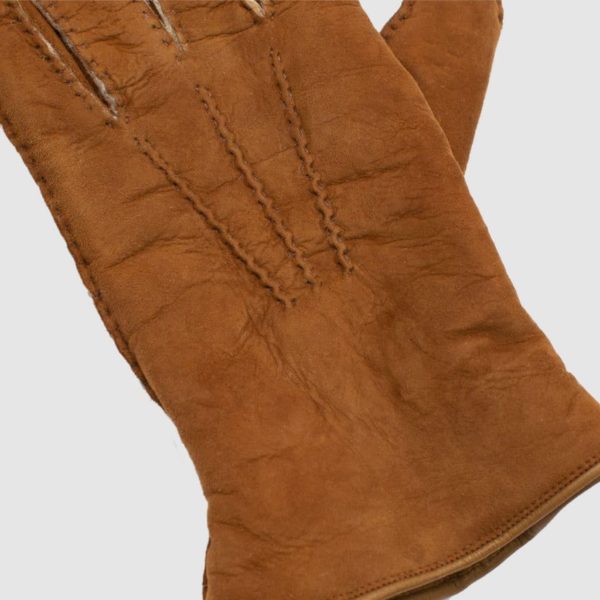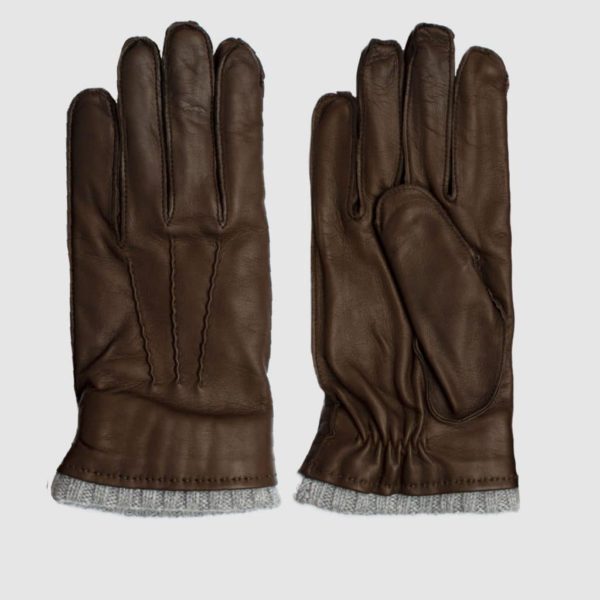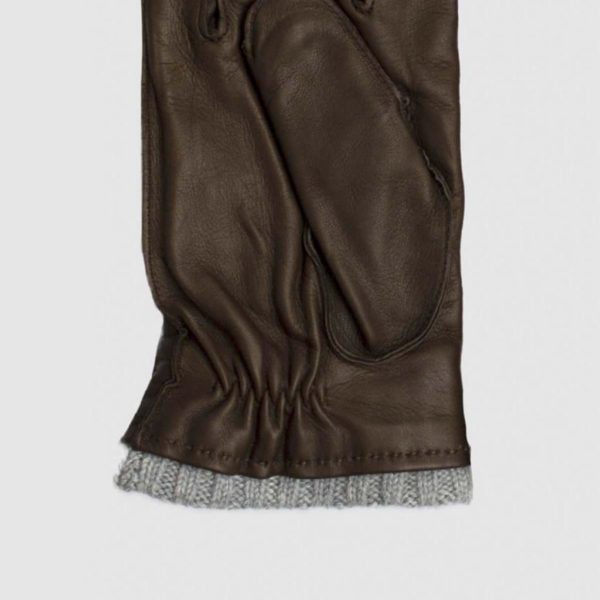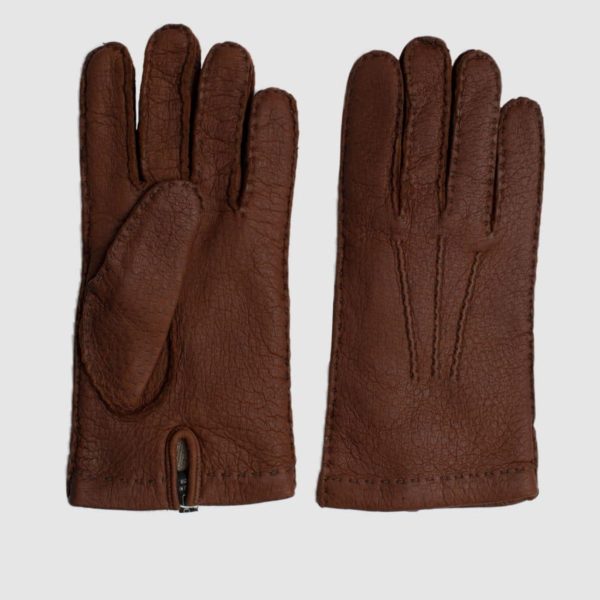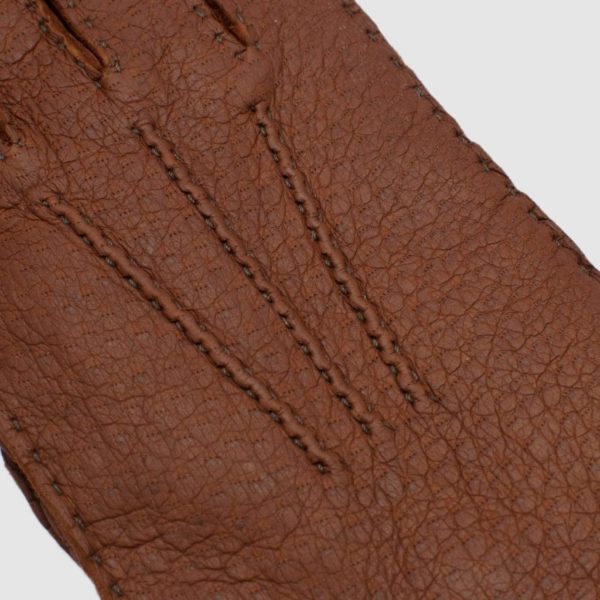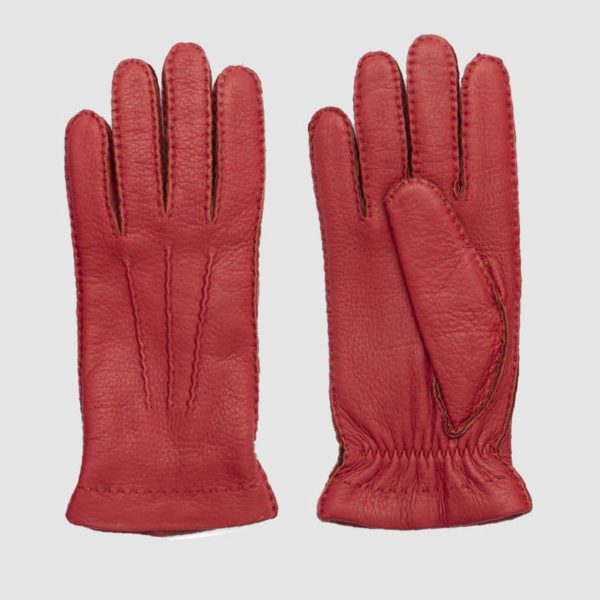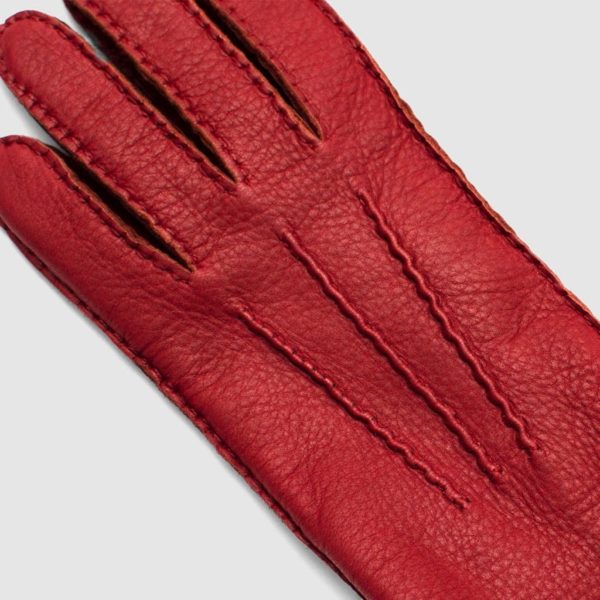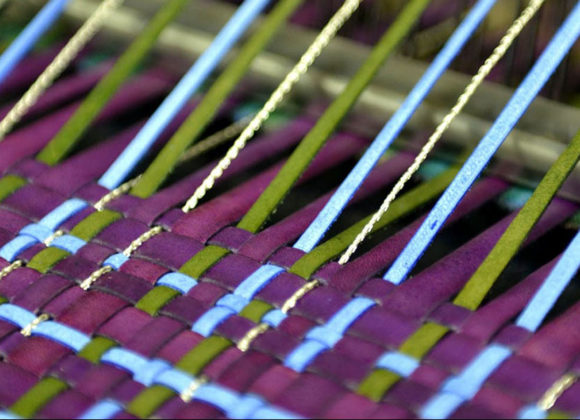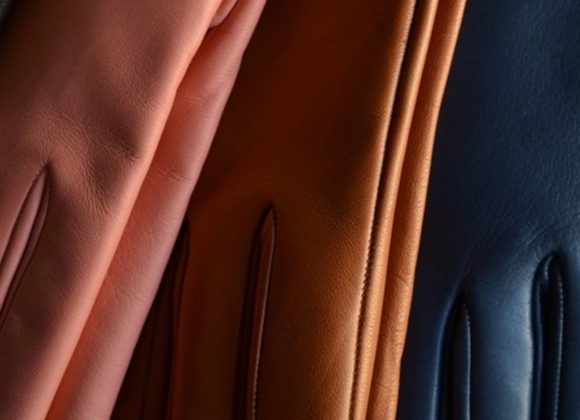The tradition and the passion of the Neapolitan family stitched in a glove: this is the story of the Portolano family that, for several generations, has been producing high quality gloves. First in Naples and from the 1970s in Milan, the family has specialised in the production of a single accessory that never faded for true connoisseurs of Italian style and valuable artifacts. A specialisation that led the company, over the years, to the creation of small masterpieces, that is to say, gloves sewn to perfection. Why gloves? Because when you are born in a place like Rione Sanità, the cradle of glove artisans, it is as if know-how blows in the wind. On transferring to Milan, Alpo Guanti 1910, a name created from the initials of Alberto Portolano, met fashion and its dictates, and became a sought-after accessory and a resource for great international brands.
In the past, those who wore gloves belonged to one social group and recognized themselves in a status: the glove as a symbol of nobility and class. Whoever wears artisan leather gloves today, on the other hand, is someone who appreciates their value: the choice of raw materials, the processing of leather, the succession of steps that make up the production process, needle and thread and the machines, has always remained the same. All elements that make each glove exclusive and, above all, not identical to the previous one. People who wear Alpo gloves do not just want to keep their hands warm, they recognise the talent, the beauty of Italian craftsmanship and distinguish the comfort and fit of a tailored product.
Although the company has existed for a long time, it has nevertheless picked up “the gauntlet” of innovation, accommodating developments and changes that arise from time to time. It is not easy to try to respond to the needs of the younger end of the market and for this reason, the company experiments with new shapes and new fabrics, while always leaving room for classics, such as elbow-length leather gloves.
Every year Alpo offers collections for men and women that reflect trends starting from colours and materials and enters the international fashion scene at the same time. In a process of exchange Alpo is inspired by and interprets the major players and, in turn, they are attracted to Alpo thanks to the knowledge of processing it holds. Simple and linear leather gloves or elaborate, elegant and refined gloves for ceremonies and festive occasions, with fur inserts or buttons; gloves designed and manufactured to perform various functions; gloves for young customers or adults…gloves for all hands created to be comfortable and beautiful.
The Bourbon Naples preserved in the district of Totò resists and lives on in the taste and culture of the glove craftsmen like the Portolano. ALPO gloves embellish hands all over the world, spreading style and refinement for centuries. The Milanese atmosphere has amplified the sound of Made in Italy craftsmanship making it palpable, greatly admired abroad and by fellow countrymen who do not intend to renounce “Italian” elegance.The words of Giorgio Portolano, a young descendant of the artisan family, show the passion for a profession that has become more and more obsolete and remained in the hands of only a few Italians. And not only that, Giorgio also gives us a glimpse of confidence, certainly generated by the awareness of producing, as in the past, very high quality gloves.
From the historic capital of the glove to the modern capital of Italian fashion. What has the Alpo glove kept of Naples and what has it absorbed from Milan?
The ALPO glove was created in Milan in the 1970s following the tradition and passion of the Neapolitan family. When we found in Brianza what was left of a large glove factory (it had 100 employees in the 1950s), we already had in mind to resume the techniques, steps and "tricks of the trade" of the Neapolitan tradition. Then, having offices and showrooms in Milan, in the 1970s and 1980s we exploited the great development and enthusiasm of international fashion, producing for the most important stylists in the world.
The history of costume tells us that the glove has very ancient origins: it appeared with the Egyptians and the Lombards, then in the Middle Ages, where only the nobles and the clergy wore it. Who wears an artisan glove today? Could it still be considered a status symbol? And what is the age range?
People who wear gloves like ours today are people who understand the quality of the product, the difference between a low-cost glove (which only serves to warm the hands) and a product made with selected raw materials and worked with skillful craftsmanship. They are people who want to wear a garment different from the others, a garment that stands out for its beauty.
Tell me about the Alpo 2020 gloves collection: what's new? And, on the other hand, what are the inevitable classics?
The news for 2020 concerns above all the need to respond to demands, to climate change and to a constantly evolving fashion. We are making more and more gloves, very special garments. We are constantly looking for new materials and colours to meet every need, obviously it is very helpful to collaborate with many brands from which we take some input. At the same time we are tied to our origin and our classics, like the long glove to the elbow in leather, perhaps in more special colours for 2020.
How can you be innovative, when you make "traditional" gloves?
Our processing method has remained unchanged and since there are no new machines for sewing new models of gloves, we must always look for innovation in the garment, such as the touch screen gloves made in leather treated with graphite that allow the user to operate their mobile phone while wearing our glove.
Drawing on the secular experience of your family, can you say that even the glove, like other historical garments, has undergone the cyclical nature of fashion? What are your future forecasts?
Unfortunately, the cyclical nature of fashion has not followed a good path: in fact our sector has suffered a lot from the fact that many brands have gone to produce gloves in countries with low labour costs, adding only their logo. In any case, we always believe that in this total confusion there remains a space for those who appreciate the quality and passion we put into our product.
 0
0



